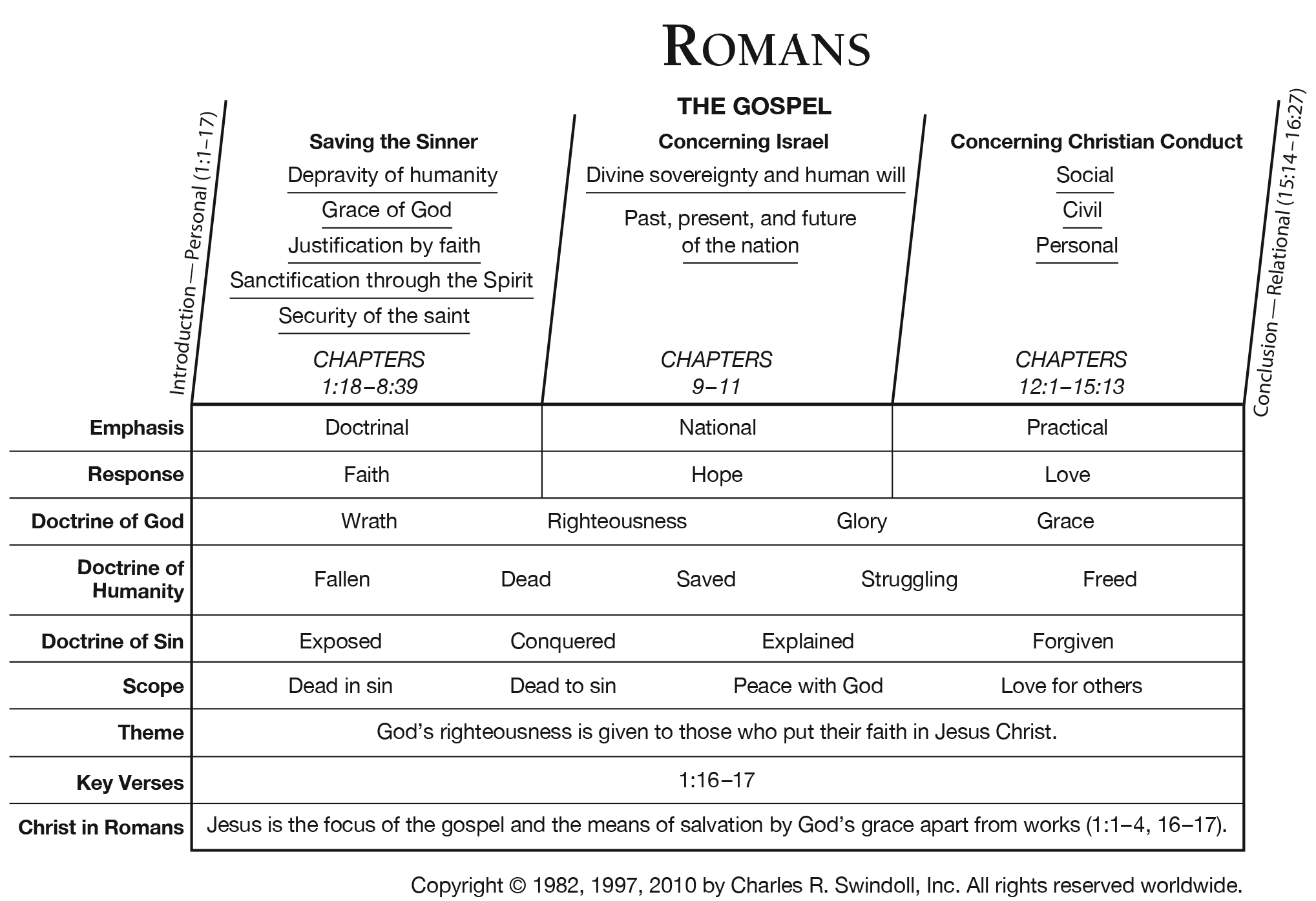Early Rome was a Latin city influenced by Greek colonies in the south of Italy and by the Etruscans to the north. Rome expelled its Etruscan kings in 509 B.C. and became a republic.
Early Roman society was divided between the dominant aristocratic minority (the patricians) and the plebeians, who formed the mass of the population. The government was led by two elected consuls, who were advised by a Senate of ex-officials. At first most officials were patricians, but by the fourth century B.C. the plebeians had won the right to hold most offices, including consul.
By the third century B.C. Rome had conquered all of Italy and had come into conflict with Carthage, a former Phoenician colony that ruled much of Spain and Sicily. In three wars (264-241, 218-202, 149-146), Rome defeated and destroyed Carthage. During the same period Rome began to expand to the east, conquering Macedon and Greece and dominating Egypt and most of Asia Minor by 133 B.C.
Overseas expansion led to economic, social, and political trouble in Rome. The institutions of a small city- state could not cope with an empire. Small farms were increasingly replaced by large estates (latifundia) owned by rich generals and profiteers and worked by slaves, who made up an increasingly large share of the population. Attempts at reform failed as civil strife ultimately developed into civil war.
In the last years of the Republic, various generals either seized power or dominated the state: Marius, Sulla, Pompey. Finally in 45 B.C. Julius Caesar, who had conquered Gaul, emerged as the master of Rome. Caesar was assassinated in 44 B.C., but his nephew and heir, Octavian Augustus, was able to be defeat his rivals and become the first Roman emperor.
Augustus’s rule (27 B.C.-A.D. 14) inaugurated the Pax Romana, two centuries of relative peace, stability, and prosperity for the Mediterranean world. His successors developed the bureaucracy, extended Roman citizenship, and carried out a vast program of public works. Although the Romans failed to conquer Germany east of the Rhine River, Britain and Romania were added to the Empire during this period.
Women in late Rome had many more rights and played a much more public role than in Greece, though their position depended in part on the number of children they had borne. The Romans were concerned by their declining population, perhaps the result of plagues against which ancient medicine could do little.
After A.D. 180 civil wars and struggles over the succession disrupted Roman society and weakened the economy. The barbarians began to push across the European frontiers. The reforms of Diocletian and Constantine staved off collapse but imposed new burdens on an overtaxed and demoralized population.
Roman culture was deeply influenced by Greece. Latin literature often imitated Greek forms. Among the greatest Roman writers were Cicero, Vergil, Horace, Ovid, Livy, and Tacitus.
Their system of law was one of the Romans’ most enduring achievements. The law of much of western Europe and Latin America today goes back to its provisions.
Roman art was also heavily influenced by Greece, but the Romans also made significant contributions of their own: for example, the barrel vault and the dome in architecture, and the realistic portrayal of individuals in sculpture.

